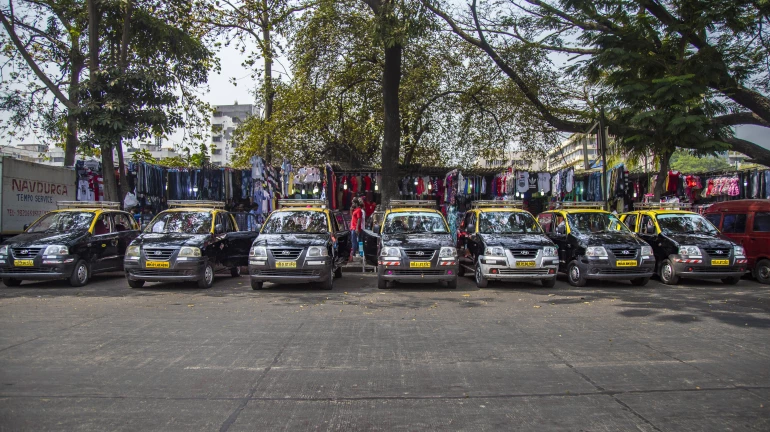
Mumbai's popular Kali Peeli taxis have been a part of the city since 1911 and the landmark black and yellow cabs have been captured in the form of photos and videos as memories of people who visited Mumbai and the ones who live in the city. However, with the introduction of private cabs and aggregators, these have become a rare sight in the city.
Furthermore, the coronavirus (COVID-19) pandemic which hit the world in 2020 also led to a decline of these taxis on the roads. As per the report published in the Hindustan Times, only 30,000 taxes have returned to normalcy post the pandemic. However, the pre-COVID data suggests that over 48,000 taxis were running in the city, and that over 18,000 taxes have now dropped from Mumbai.
The report also quoted a driver who spoke about the tough times both during and post the pandemic, which has affected their daily earnings drastically. Several drivers in the city who earlier drove the black and yellow cabs have not returned after the left Mumbai due to the pandemic. As a result, several taxis in the city have been abandoned and have been parked on the roads across different parts of Mumbai.
Officials from the taxi union have also stated that the coronavirus pandemic affected the lives of several drivers who were then forced to take up other opportunities due to the dearth of jobs. Furthermore, hike in fuel prices and low fare also mean that driving and earnings have become stringent for these drivers. Several providers from this mode of transport have switched to app-based aggregators and hence, these taxis in Mumbai have become fewer.
Data also reveals that the city had over over 20,000 taxis approximately three decades back. This number boosted to over 60,000 in the late 90s due to the demand, observing which, different brands of cars were replaced to improve the facilities in the 2000s. However, the fleet kept increasing in 2003, post which several taxis switched from petrol to CNG.
Today, with the rising prices of the CNG and with limited options of seeking passengers, drivers are compelled to refuse short trips as they don't prove to be profitable. Meanwhile, the maintenance of vehicles, insurance, and other aspects also add to the cost eventually leaving no profit.
On the other hand, members from the automobile association have mentioned that these traditional cabs can survive in the city for which efforts need to be made to train the drivers for their behaviour, safety, attitude and other aspects. Since several passengers, in the recent times, have complained about the app-based aggregators refusing rides, this is a golden opportunity for the kaali-peeli cabs to return.





